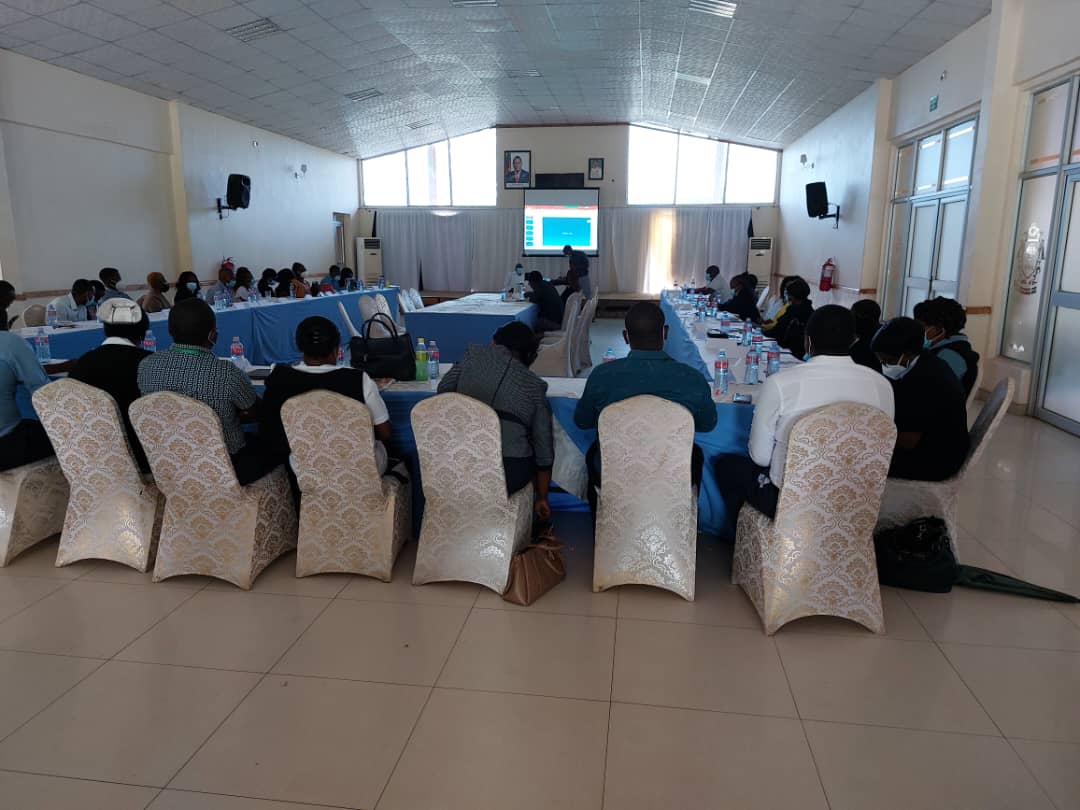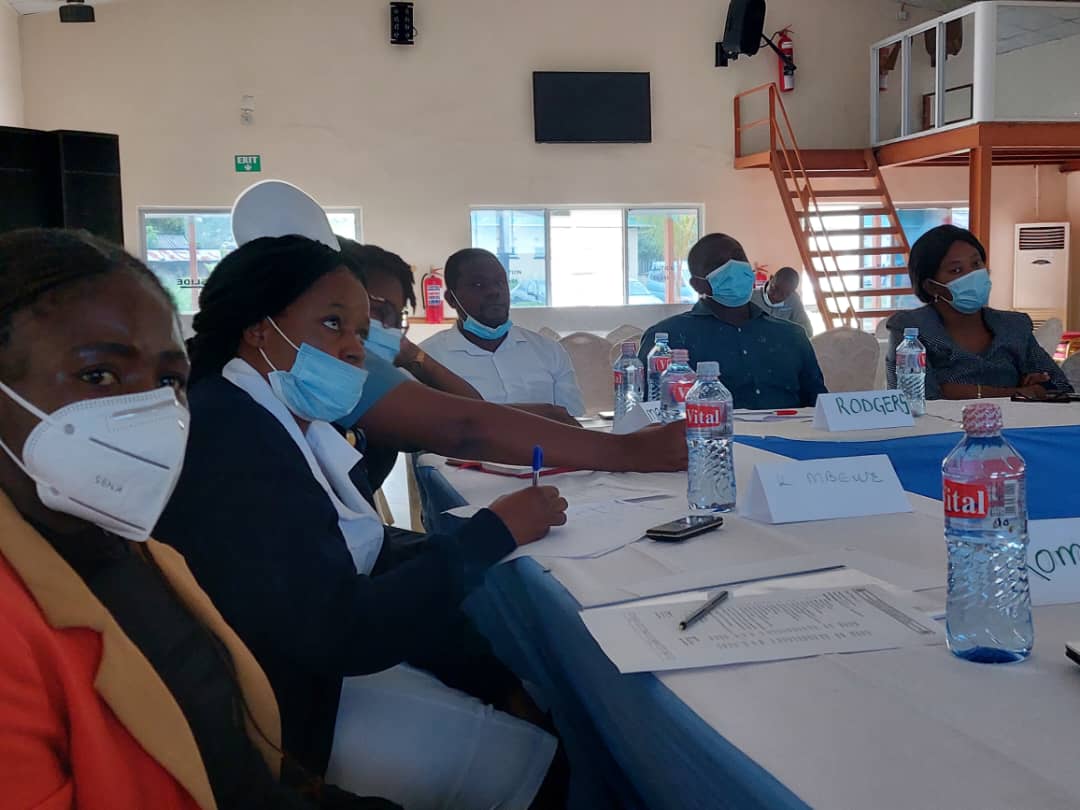
Laboratory services are essential in all aspects of health. High quality services are developed and maintained using a quality systems approach. The available data demonstrates that in most countries in the World Health Organisation (WHO) African Region, laboratory services do not meet basic needs, mostly at intermediate and peripheral levels, largely due to the lack, or inadequacy, of existing laboratory systems The Stepwise Laboratory Quality Improvement Process towards Accreditation (SLIPTA) program has been developed by WHO and its partners to improve the quality of laboratory services in order to better contribute to public health services including disease control programmes, to IDSR, IHR (2005), AMR and many others.
Strengthening laboratory quality management systems (QMS) mentorship and laboratory accreditation through the SLIPTA program is one of the Zambia Ministry of Health (MoH) programmes supported by UKHSA at the national and sub-national level, in order to meet the ISO 15189 standards for medical laboratories. Esther Musongole, UKHSA IHR Laboratory Technical Advisor in Zambia, provides support in-country to these MoH programmes.
In February 2022, the UKHSA IHR Strengthening project supported a 10-day onsite ‘QMS implementation’ mentorship at Kitwe Teaching Hospital (KTH), a tertiary level laboratory in the Copperbelt Province. This laboratory had been earmarked by MoH to apply for accreditation to the Southern African Development Community Accreditation Systems (SADCAS). Esther Musongole and a team from MOH were embedded in KTH Laboratory from 31st January to 11th February, 2022 undertaking the following activities:
- Assessing the readiness of KTH for the SADCAS accreditation visit and providing mentorship where gaps were highlighted
- Training of Laboratory staff in implementing their sample management procedure, KTHL-MGT-025.
- Training of Laboratory staff on Internal Quality Control (IQC) management, the use and review of the Levey Jennings charts and Westgard rules, to assure quality of test results in KTH clinical chemistry section.
During the mentorship, Esther Musongole also assisted the laboratory to prepare and conduct a successful annual review of their quality management system for the year 2021. In this meeting, clinical staff and other laboratory users expressed gratitude for improvements made by the laboratory in terms of communication of urgent test results, improved turn-around-time of test results and general provision of quality laboratory services which the clinicians felt led to improvement in patient management. It is hoped that Kitwe laboratory will receive successful accreditation later in the year following the mentorship provided.

